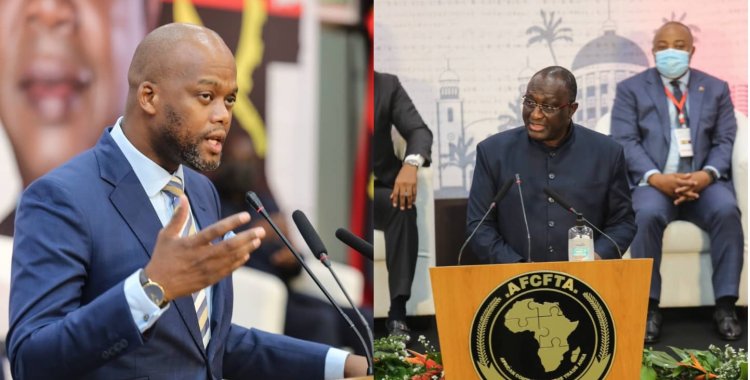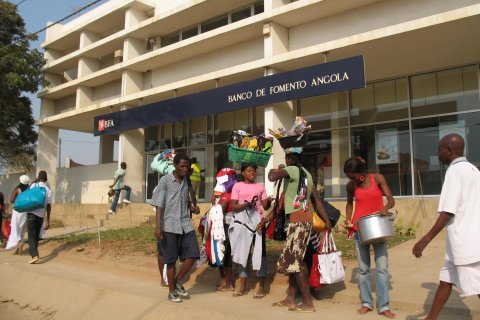"My concern is that countries have to act much faster to introduce [the free trade agreement] into their domestic systems. At the multilateral level we have negotiated the rules, the rules exist, the AfCFTA agreement [African Continental Free Trade Area ] exists, but at the level of the countries' customs systems, there has to be much more effort in the coming months", said Wamkele Mene.
The AfCFTA agreement, considered the largest free trade area in the world in terms of the number of participating countries, was signed by all 54 countries on the continent and ratified by 43, and it is expected that, over time, it will eliminate customs duties on 97 percent of goods traded between African states.
By opening up a market of 1.3 billion people, the continent hopes to increase trade between African countries, which would increase production and job creation on the continent.
However, some critical voices point out that the project has made little progress since it came into force.
In a press conference on the sidelines of the first Afro-Caribbean trade and investment forum, the AfCFTA secretary general said that the free trade area is "in full implementation mode", with countries that have ratified it being expected to adapt their customs systems to allow trade to take place under the agreement.
In late July, it was announced that seven African countries – Rwanda, Cameroon, Egypt, Ghana, Kenya, Mauritius and Tanzania – had been chosen to start a pilot project to begin trading under the free trade agreement.
Mele explained that these countries were chosen because they are the ones that have already introduced the AfCFTA system into their domestic systems, so "they are ready to trade under the AfCFTA rules."
The official explained that "when trade is carried out under the agreement, the cost of the product is reduced by 20 percent, which is very significant".
"The most important part of this exercise is that it will demonstrate that the AfCFTA works," said Mele.
Asked by Lusa about the idea, put forward during the investment and trade forum between Africa and the Caribbean, which took place in Bridgetown between 1 and 3 September, to open the AfCFTA to Caribbean countries, Mele explained that it will not be an enlargement.
"The AfCFTA is an agreement between African countries. What should happen with the Caribbean countries is an agreement between regions with their own rules (...). There will be two regions that are committed to a negotiation on which preferential trade and which investment preferential option can leave the two regions.







